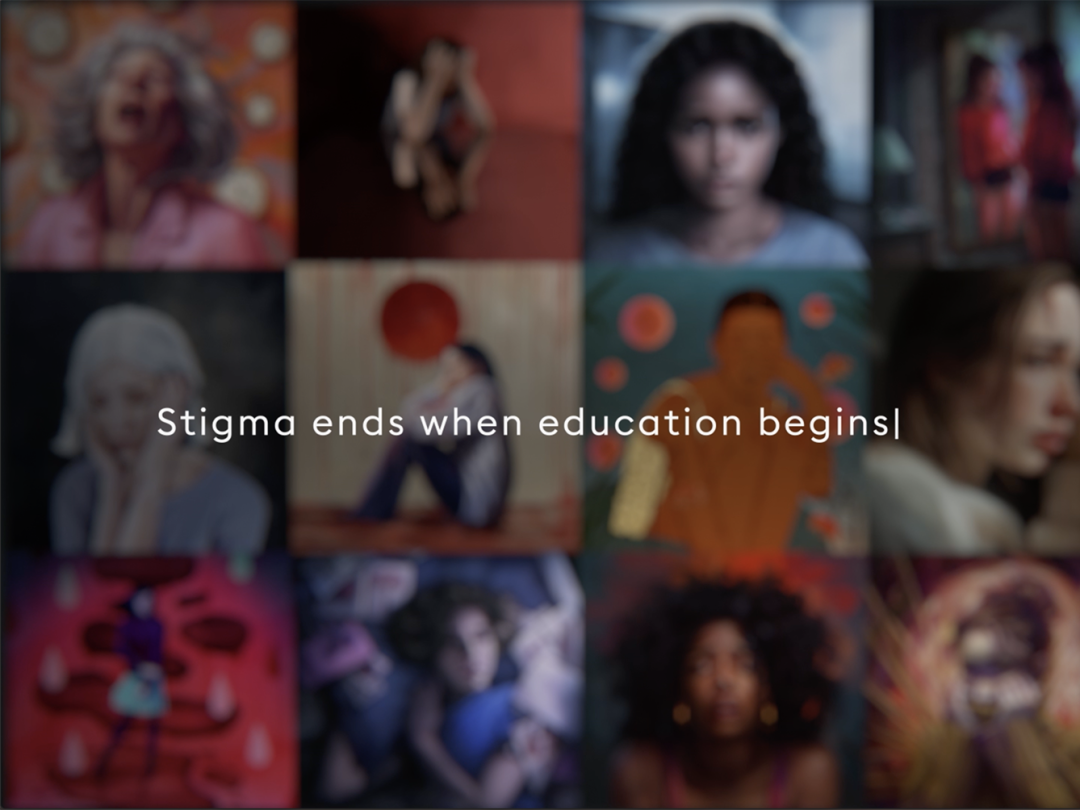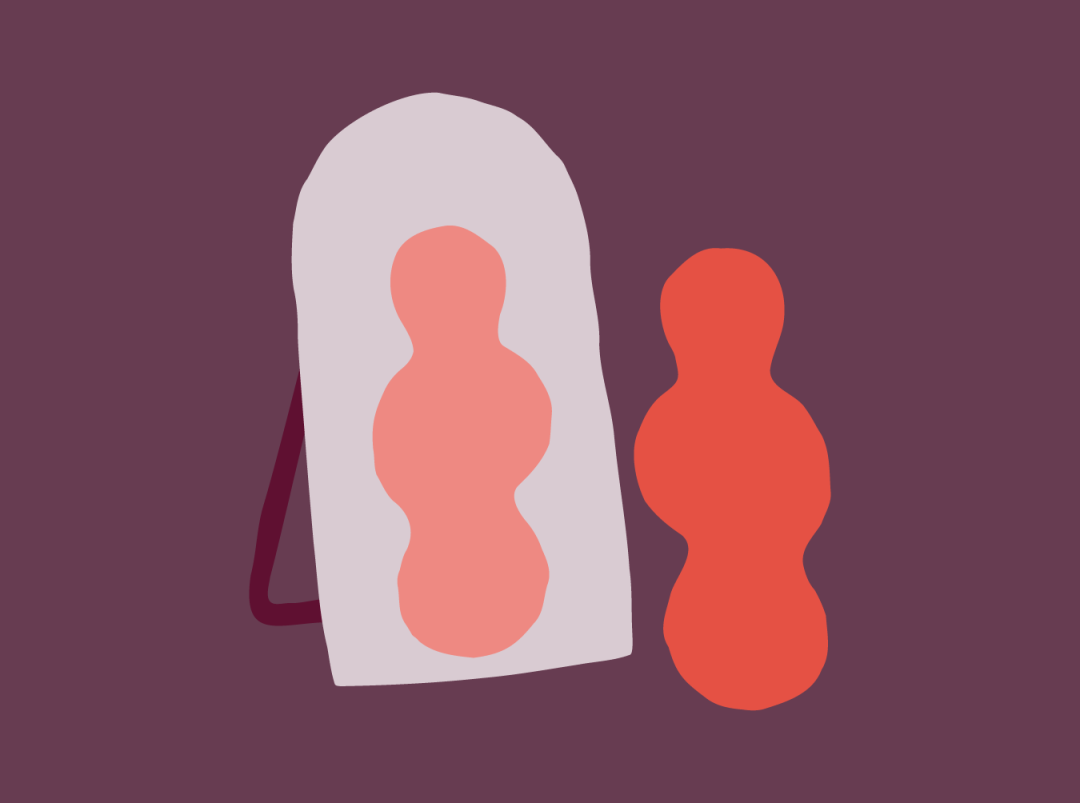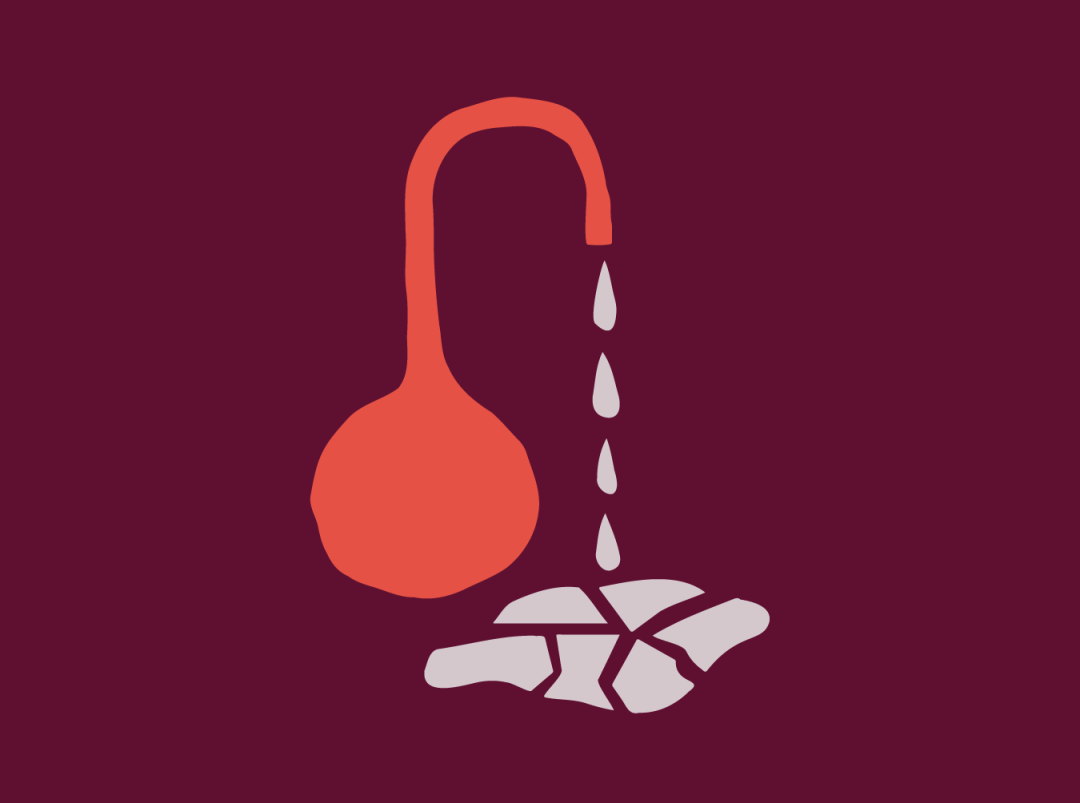#interview
What it Means to “Know Your Endo”
health
·5 min read

by Toni Brannagan | 05/13/2021
For people with endometriosis, the experience can often feel lonely or isolating. Endometriosis is an inflammatory condition in which endometrial-like tissue (similar to the tissue that lines the uterus and is shed during menstruation) is found in other places in the body. Many people with endo struggle to get a diagnosis and it can also be tough to manage the symptoms, which vary person to person. It’s estimated over 176 million people have endometriosis, yet finding community (or reliable information!) isn’t always easy.
Our friend Jessica Murnane, who has endo herself, is here to change that. Jessica is a Charleston-based author and speaker who has written two books: the cookbook One Part Plant: A Simple Guide To Eating Real One Meal At A Time, and the new Know Your Endo: An Empowering Guide To Health + Hope With Endometriosis.
Know Your Endo is both an expert-approved lifestyle guide, and also an advocacy tool for people with endometriosis (or ‘friendos’, as Jessica refers to the community). It’s essential reading whether you have endometriosis, or want to be a better friend yourself to those who do. Read on for our conversation with Jessica about Know Your Endo, the complications of diagnosing and managing endometriosis, and why self-care is key — especially for ‘friendos’!
Thinx: Why is endometriosis awareness so important?
Jessica Murnane: It takes an average of 10 years and eight doctors to be diagnosed with endo! A huge part of endo awareness is creating equal focus and attention to all endo symptoms, not just painful periods — because not everyone with endo has painful periods. And for many people with endo, there are symptoms that can be extremely disruptive and debilitating all month long, not just during their period. These symptoms include: GI issues (bloating, diarrhea, and constipation), fatigue, pain during or after sex, nausea and vomiting, urinary issues (retention, urgency, and frequency), and leg/hip/shoulder pain, among others.
Because so many people are unaware that these are symptoms, endo is often misdiagnosed — which only leads to more delays in getting a diagnosis. There’s definitely other contributing factors as to why it’s so complicated that I explore in the book.
What was your inspiration for writing Know Your Endo**?**
JM: Many people in the endo community haven’t always felt supported by their family, friends, partners, or doctors. And even with support, I can tell you firsthand, that endo can feel like a very lonely and confusing place to live. The inspiration for this book is every single person who has ever felt alone in their diagnosis (or those who are still struggling to get one).
And yes, there are a lot of incredible endo blogs, websites, and social accounts that share accurate and helpful information…but there’s a lot to know and it’s hard to navigate it all! I wanted to create a guide that broke it all down in one place, to make it less overwhelming, and help people know they are not alone in this.
If there’s one chapter from your book you would recommend every person with endometriosis read, which is it?
JM: The movement chapter! I used to get so livid when I was told to exercise to help manage my cramps and pain. How the hell was I supposed to go for a run if I could barely walk to the bathroom to change my period underwear or pad? But through my research and talking with movement experts for the book, I learned just how critical movement is for people with endo (both mentally and physically).
Movement doesn’t have to be running a marathon — it can be taking your foam roller in bed with you or simply laying on your back and putting your butt and legs up against the wall. It’s also about pacing. Maybe one day all your body can do is stretch in bed, and another day it’s doing a dance class on YouTube. It’s learning to wake up and ask your body what it can do that day and not forcing it to do something it doesn’t have the energy for.
Why is self-care so important for people with endometriosis?
JM: It’s the only way I’ve been able to survive living with endo…and there were days I did not think I would survive. I did a lot of research for the book on the connection between stress and chronic pain (specifically with endo) and this quote from Dr. Bettina Toth in the Journal of Molecular Medicine, sums it all up best:
“The wealth of published evidence supporting that (1) endometriosis is associated with a poor quality of life and high stress perception; (2) endometriosis is an inflammatory disease, and (3) stress and poor quality of life may cause inflammation, strongly suggested that women with endometriosis are stuck between a rock and a hard place within the vicious circle of high stress perception, inflammation, and disease progression.”
Now this doesn’t mean you have to start meditating or buy the latest cool kid supplement that’s supposed to create “calm” in your life…it’s finding stress-management tools that work for you (ones that you might not expect). We dive deep into a lot of them in the book and I’m really excited for people to explore new stress-management tools that might be new to them.
Tell us more about the Five-Week Endo Tool Kit.
JM: In the book, we focus on one new management tool each week: 1. Know Your Endo, 2. Stress-management, 3. Good Food (aka finding the foods that don’t make your body feel bad), 4. Movement, 5. Kinder Body + Home products. I wanted this to be a progressive plan, because it can feel overwhelming to do it all at once. Each week is led by some of the biggest experts and doctors, research, and practical action plans.
Are these tools cures? No. Will you still have pain some days? Maybe. These tools are a foundation to begin to manage your mental and physical health with endo and strive for more good days than bad.
Do you have any advice for people who are feeling overwhelmed with managing endometriosis?
Know that you aren’t alone in this.
Find success stories of people in the endo community and find one or two ‘friendos’ who are good listeners — people who get it!
Celebrate your wins: it’s so easy to only focus on what you can’t do — that we need to celebrate what we can. For example, some of my wins are picking up my son from school on the first day of my period and teaching myself how to cook meals that make my body feel better.
Do not be afraid to speak up, ask questions, and defend your right to want to feel better. If you need help with this, see #1. This is truly a community that has each other’s backs!
Learn more about Jessica’s work and Know Your Endo on her site and on Instagram.
Toni Brannagan is a writer and was the former Copy and Content Manager at Thinx.
by Toni Brannagan


